Consequences of insolvency proceedings
The debtor's property powers
- In the event of voluntary insolvency proceedings, the debtor shall retain the powers of administration and disposal of his assets, the exercise of these powers being subject to the intervention of the insolvency administrators, by means of their authorisation or consent.
- In the event of necessary insolvency proceedings, the debtor's exercise of the powers of administration and disposal of his assets shall be suspended, and he shall be replaced by the insolvency administrators.
- Notwithstanding the provisions of the previous paragraphs, the judge may agree to the suspension in the case of voluntary insolvency proceedings or the mere intervention in the case of necessary insolvency proceedings. In both cases, reasons must be given for the agreement, indicating the risks to be avoided and the advantages to be obtained.
- At the request of the insolvency administration and after hearing the insolvent party, the judge, by means of an order, may at any time agree to change the situations of intervention or suspension of the debtor's powers over his assets.
The change of the situations of intervention or suspension and the consequent modification of the powers of the insolvency administration shall be subject to the regime of publicity of Articles 23 and 24. - In the event of insolvency of the estate, the insolvency administration shall be responsible for the exercise of the powers of administration and disposal of the estate, without this situation being changed.
- Intervention and suspension shall relate to the powers of administration and disposal over the assets, rights and obligations to be included in the insolvency proceedings and, where applicable, to those of the debtor of the partnership or marital community.
The debtor shall retain the power to testate, without prejudice to the effects of the insolvency proceedings on the inheritance. - The debtor's acts that infringe the limitations set out in this Article may only be annulled at the request of the insolvency administration and where the latter has not validated or confirmed them. Any creditor and whoever has been a party to the contractual relationship affected by the infringement may request the insolvency administration to rule on the exercise of the corresponding action or on the validation or confirmation of the act. The action for annulment shall be processed, where appropriate, through the channels of the bankruptcy incident and shall expire, if the request has been made, one month after the date of the request. Otherwise, it shall lapse with the fulfilment of the agreement by the debtor or, in the event of liquidation, with the completion of the liquidation.
The aforementioned acts may not be registered in public registers until they are confirmed or validated, or until the expiry of the annulment action or its final rejection is accredited. Effects on the debtor's communications, residence and freedom of movement.
The effects of the declaration of insolvency proceedings on the debtor's fundamental rights and freedoms in terms of correspondence, residence and freedom of movement shall be those established in the Organic Law on Insolvency Reform.
Debtor cooperation and information
- The debtor has the duty to appear in person before the commercial court and before the insolvency administration whenever required to do so, and to collaborate and provide any information necessary or appropriate for the interests of the insolvency proceedings. When the debtor is a legal entity, these duties shall be incumbent on its administrators or liquidators and on those who have held these positions within the two years prior to the declaration of insolvency.
- The duties referred to in the preceding paragraph shall also apply to the debtor's attorneys-in-fact and to those who have been such attorneys-in-fact within the aforementioned period.

Preservation and administration of the assets
- In the exercise of the powers of administration and disposal of the assets, care shall be taken to preserve them in the most convenient manner for the interests of the insolvency proceedings. To this end, the insolvency administrators may request the court for such assistance as they deem necessary.
- Until the judicial approval of the arrangement or the opening of the liquidation, the assets and rights that make up the assets may not be sold or encumbered without the authorisation of the judge.
- Exceptions to the provisions of the previous paragraph are the acts of disposition inherent to the continuation of the debtor's professional or business activity, under the terms established in the following article.
Continuation of the pursuit of the professional or business activity
- The declaration of insolvency proceedings shall not interrupt the continuation of the debtor's professional or business activity.
- In the event of intervention, and in order to facilitate the continuation of the debtor's professional or business activity, the insolvency administration may determine the acts or operations inherent to the trade or business of that activity which, by reason of their nature or amount, are generally authorised.
NNotwithstanding the provisions of the previous paragraph, and without prejudice to the precautionary measures adopted by the judge when declaring the insolvency proceedings, until the acceptance of the insolvency administrators, the debtor may carry out the acts inherent to its trade or business that are essential for the continuation of its activity, provided that they are in line with normal market conditions. - In the event of suspension of the debtor's powers of administration and disposal, the insolvency administrator shall be responsible for adopting the measures necessary for the continuation of the trade or business.
- As an exception to the provisions of the preceding paragraphs, the judge, at the request of the insolvency administration and after hearing the debtor and the representatives of the company's employees, may decide by order to close all or part of the offices, establishments or holdings owned by the debtor, as well as, where the debtor is carrying on a business activity, the total or partial cessation or suspension of this activity.
When these measures entail the collective termination, suspension or modification of employment contracts, the judge shall act in accordance with the provisions of Art. 8, paragraph 2 and Art. 64.
Debtor's books and documents
- The debtor shall place at the disposal of the insolvency administration the books that must be kept and any other books, documents and records relating to the assets and liabilities aspects of his professional or business activity.
- At the request of the insolvency administration, the judge shall agree the measures he deems necessary for the effectiveness of the provisions of the previous paragraph.
Debtor's annual accounts
- Once insolvency proceedings have been declared, the obligation to draw up and audit the annual accounts shall subsist.
However, the bankrupt company is exempted from auditing the first annual accounts prepared while the bankruptcy administration is in office, unless the company's securities are admitted to trading on secondary securities markets or it is subject to public supervision by the Bank of Spain, the Directorate General of Insurance and Pension Funds or the National Securities Market Commission. - The preparation of the annual accounts during the insolvency proceedings shall be the responsibility of the debtor under the supervision of the insolvency administrators, in the case of intervention, and of the latter in the case of suspension.
Right to food
- During the insolvency proceedings, the natural person debtor shall be entitled to maintenance from the assets, except as provided for in the event of liquidation.
The amount and frequency of such maintenance shall be, in the case of intervention, those agreed by the insolvency administration and, in the case of suspension, those authorised by the judge, after hearing the insolvent party and the insolvency administration. In the latter case, the judge may, after hearing the insolvent party or the insolvency administration and at the request of either of them, modify the amount and the periodicity of the maintenance. - The obligation to provide maintenance imposed on the insolvent party by a court decision handed down in any of the proceedings on capacity, filiation, marriage and minors referred to in Title I of Book IV of the Civil Procedure Act shall be paid out of the assets.
- In the case provided for in the previous section, the persons in respect of whom the insolvent party has a legal duty to provide maintenance may only obtain it from the assets if they cannot receive it from other persons legally obliged to provide it, subject to authorisation by the insolvency judge, who shall rule by order on its origin and amount.
Effects on the debtor legal person
- During the insolvency proceedings, the bodies of the debtor legal entity shall be maintained, without prejudice to the effects that the intervention or the suspension of its powers of administration and disposal may have on their functioning and except in the event that, as a result of the opening of the liquidation phase, the administrators or liquidators are declared to be dismissed. The insolvency administrators shall have the right to attend and speak at the meetings of the collegiate bodies.
- Without prejudice to the exercise of liability actions which, in accordance with the provisions of other laws, are available to the debtor legal entity against its administrators, auditors or liquidators, the insolvency administrators shall also be entitled to exercise these actions without the need for prior agreement of the shareholders' meeting or assembly.
The insolvency judge shall have jurisdiction to hear the actions referred to in the preceding paragraph.
The formation of the qualification section shall not affect any liability actions that may have been brought. - From the declaration of insolvency of a legal entity, the insolvency judge, either ex officio or at the reasoned request of the insolvency administration, may order the seizure of the assets and rights of its administrators or liquidators in law or in fact, and of those who have had this status within the two years prior to the date of that declaration, when it is clear from the proceedings that the possibility of the insolvency being classified as guilty and that the assets are insufficient to satisfy all the debts. The seizure shall be agreed for the amount that the judge deems sufficient and may be replaced, at the request of the interested party, by a guarantee from a credit institution.
- It shall be the sole responsibility of the insolvency administration to claim, at the time and in the amount it deems appropriate, the payment of the social contributions that have been deferred, whatever the term established in the deed or in the articles of association, and of the ancillary benefits pending fulfilment.
- Similarly, during the company's insolvency proceedings, the action against the partner or partners subsidiarily liable for the debts of the company prior to the declaration of insolvency shall be the responsibility of the insolvency administration and, subsidiarily, in the case provided for in section 54(4), of the creditors, who may not exercise it until the approval of the agreement or the liquidation of the company's assets. The judge, either ex officio or at the request of the insolvency administration, may order the seizure of the assets and rights of the aforementioned shareholders in the amount he deems sufficient, when it appears from the proceedings that there are grounds for believing that the assets are insufficient to satisfy all the debts, and may, at the request of the interested party, agree to the substitution of the seizure by a credit institution guarantee.
News on insolvency law

Unfair competition, also known as unlawful competition, is one of the most complex issues in the field of commercial law. Because it can occur in an infinite...

Business accelerators are organisations or programmes that provide support and resources to startups and entrepreneurs in the early stages of their company's...
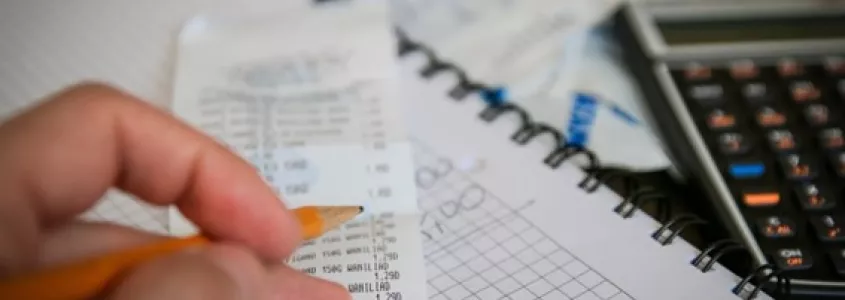
Illiquidity refers to the inability of an entity or individual to convert assets into cash quickly without incurring significant losses. In other words, it is...
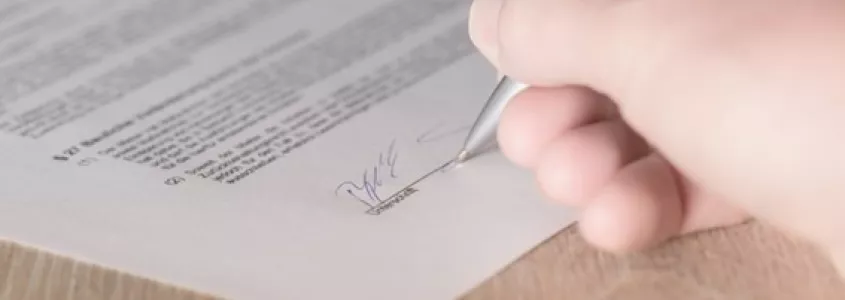
The mandate contract is an agreement in which a person, called the principal, entrusts another person, called the agent, with the performance of certain actions...
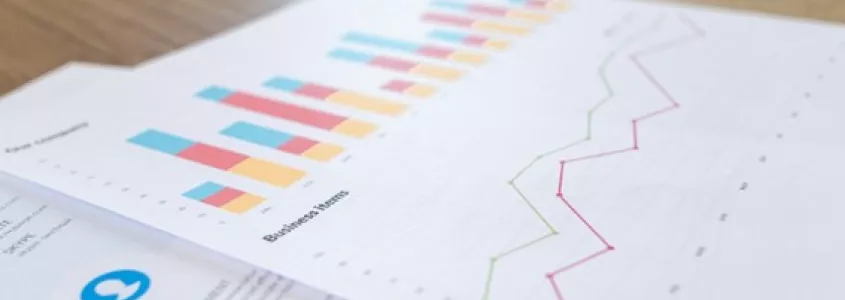
Due diligence is a process of thorough investigation and analysis undertaken to evaluate a company, an individual or an investment opportunity. The objective of...
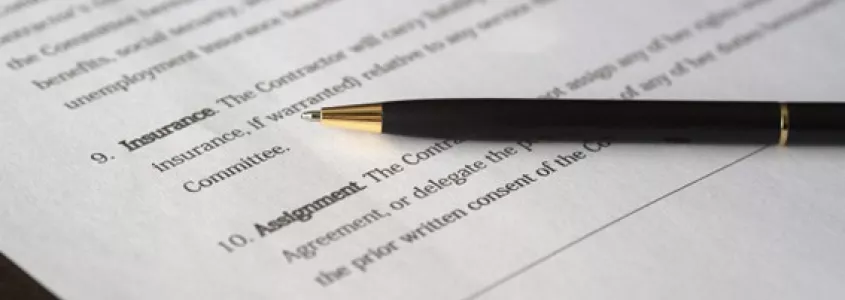
A surety is a guarantee offered to ensure the fulfilment of a contractual or legal obligation. It is a contract whereby a third party, called a surety or...

A company's articles of association are a legal document that sets out the rules and regulations governing the organisation and operation of a company. These...

An offshore company is a legal entity created in a foreign country for commercial, financial or tax purposes. The term "offshore" refers to the fact that the...

A pledgee is a person or entity that has a security interest in movable or immovable property that has been pledged as security for a debt. In other words, it...
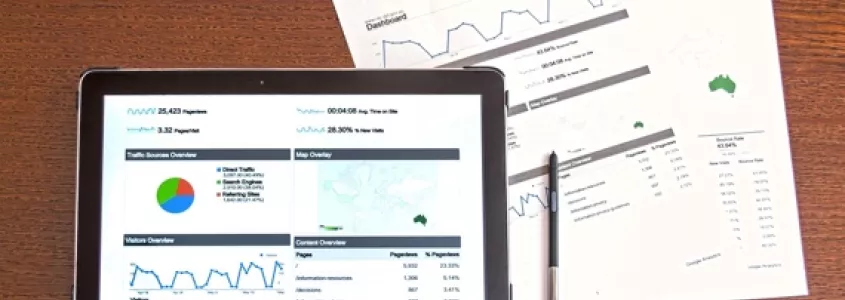
The venture capital is a form of financing companies in early-stage or growth companies involving venture capital investment in emerging companies and startups...

A corporate restructuring process is a strategy used to improve the efficiency and effectiveness of a company. In general, restructuring involves significant...

A capital reduction is a financial operation that consists of reducing the nominal value of a company's share capital. This can be done for different reasons, e...